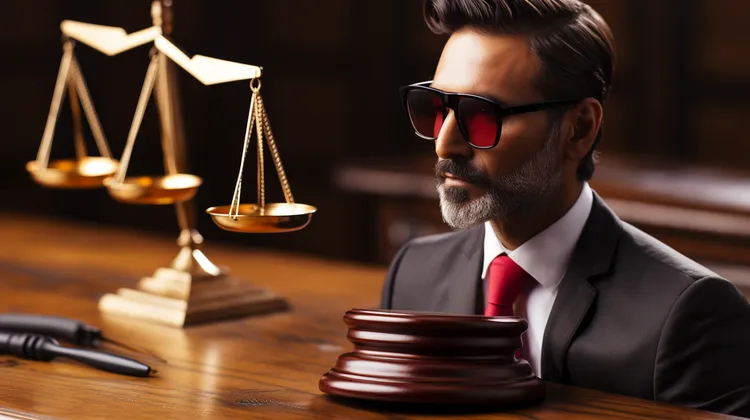The ongoing legal battle between the United States Securities and Exchange Commission (SEC) and Ripple Labs, creators of the XRP cryptocurrency, has reached a pivotal moment with an important update that could greatly influence the outcome of the case. As one of the most closely watched lawsuits in the crypto industry, the developments have significant implications not just for Ripple and its associates, but for the broader market and the future of cryptocurrency regulations.
Background of the Ripple Lawsuit
In December 2020, the SEC filed a lawsuit against Ripple Labs, its CEO Brad Garlinghouse, and co-founder Christian Larsen, alleging that they conducted an unregistered securities offering by selling XRP, which the SEC considers a security. Ripple Labs has vehemently contested this designation, maintaining that XRP is a currency and should not be subject to the same regulations as stocks or bonds.
The Stakes for Ripple and the Crypto Industry
The outcome of this lawsuit is expected to set a precedent for how other cryptocurrencies are classified and regulated in the United States. If Ripple were to lose the case, the decision could subject XRP to strict securities laws and possibly influence the regulatory approach to other digital assets. Conversely, a win for Ripple could embolden the crypto industry to challenge the SEC’s authority and push for a more accommodating regulatory environment.
Important Update in the Lawsuit
The important update in question revolves around a series of legal victories for Ripple, which include winning a motion to expose SEC employees’ XRP holdings and securing the right to access the SEC’s internal documents. These could potentially reveal inconsistencies in the Commission’s policies regarding cryptocurrencies.
Implications for XRP and Ripple
If these internal documents and evidence demonstrate that the SEC did not previously consider XRP a security, this could weaken the SEC’s case and strengthen Ripple’s argument that the sale of XRP should not have been ruled as a securities offering. This, in turn, could lead to a rally in XRP’s price as investor confidence grows.
The Ripple Test
Experts have posited the emergence of a “Ripple test” as a potential successor to the Howey Test, which has long been used to determine whether an asset is a security. The Howey Test stems from a 1946 Supreme Court case and assesses investment contracts based on whether there is an investment of money in a common enterprise with the expectation of profits derived from the efforts of others.
The Technology Angle
The case highlights a gap in the understanding of blockchain technology and its assets by regulators. Ripple has long argued that XRP’s utility as a payments tool sets it apart from typical securities. The outcome may influence how technological nuances influence regulatory decisions going forward.
Global Implications
The Ripple case is being watched internationally as regulators across the globe are grappling with cryptocurrency’s place in the financial ecosystem. A coherent framework emerging from the Ripple lawsuit could serve as a blueprint for other countries developing their own regulations.
The Investor Community
The crypto community, especially XRP holders, have been anxiously following the case, knowing that the final judgment carries enormous implications for their investments. The recent update has galvanized the XRP investor community, leading to speculative trading based on potential outcomes.
Conclusion
The latest developments in the Ripple lawsuit have set the stage for potentially reshaping the regulatory landscape for cryptocurrencies in the United States and beyond. With Ripple gaining ground, the final outcome remains uncertain, but its impact will undoubtedly be felt across the financial world. As the industry anticipates the conclusion of this landmark case, the importance of clear and forward-thinking regulation for fostering innovation while protecting investors is more evident than ever.



